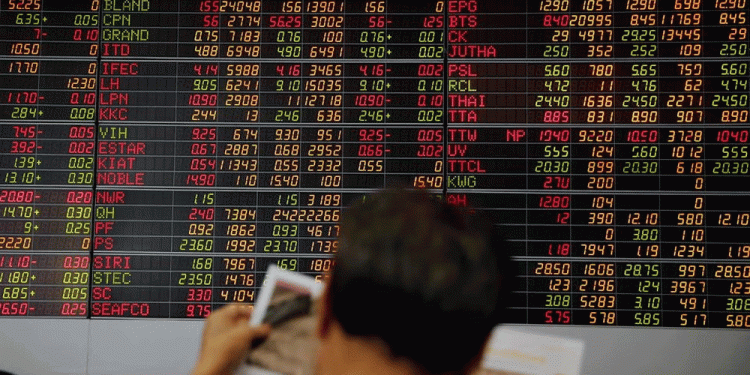By Huw Jones
LONDON (Reuters) – European Union banks will be tested on their ability to raise funds in thin bond markets in a shrinking economy hit by tumbling commodities and property prices, the bloc’s banking watchdog said on Wednesday.
The European Banking Authority’s (EBA) latest health check, the results of which will be published in the third quarter, will spare lenders from being given a simple pass or fail mark. Banks from Portugal, a country reeling from a burst property bubble, will also not be among lenders tested on this occasion.
A bank judged to have failed the test in the past has been seen by investors as needing to raise capital but analysts are increasingly sceptical of the test’s usefulness.
The test will scrutinise how 51 banks, 37 from the euro zone, covering 70 percent of the bloc’s banking sector can withstand a cocktail of theoretical shocks over three years.
Regulators will also ask banks for the first time to put a figure on how possible future fines for misconduct could dent their capital buffers, although the amount won’t be published in the test results.
While low profitability is one of core four risks underpinning the test, negative interest rates — seen as the biggest challenge to banks making money — feature only among the shocks to assets held in trading books, and not to overall balance sheets.
The European Central Bank, which will supervise the test on large euro zone lenders, did not want negative rates as a broad component to avoid shaping expectations of future monetary policy.
The three other risks underpinning the test are market illiquidity, a rise in funding costs for banks, and shadow banking or entities that carry out banking-like activities involving credit or some sort.
Shares in banks have taken a pounding in recent weeks as investors worry how lenders can make money when interest rates are already very low and may be cut further to stimulate economic growth.
“These scenarios are not that far from the fears priced in today in bank valuations,” analysts at KBW Research said in a note to clients on the EBA’s announcement.
“These stress tests should have limited impact on the banks capital plans, in our view,” KBW Research added.
Using official EU growth forecasts as a baseline, the EBA’s adverse scenario which includes the cocktail of shocks and risks, sees the EU economy contracting 1.2 percent this year, by 1.3 percent in 2017, and growing only 0.7 percent in 2018.
The test considers what would be the impact of oil falling by nearly half from $ 54 a barrel, shares tumbling by a quarter, and unemployment rising to above 12 percent in 2018.
ECB, BOE BOLT-ONS
When it comes to assessing risks from misconduct, banks must take into account past fines, which have amounted to millions of euros in some cases for trying to rig interest rate benchmarks and currency markets.
The ECB will also conduct its own, separate stress test on 60 euro zone lenders that are not included in the list of banks the EBA is testing. The Frankfurt-based central bank will not publish the results of its own test.
Greece’s four largest banks, Portugal’s Novo Banco and Belgium’s Bank Degroof will be exempt, along with all other lenders that were checked last year.
The Bank of England will also announce details in March of its own “cyclical” stress test of seven banks and building societies, some of which are also part of the EBA test.
(Additional reporting by Francesco Canepa in Frankfurt; Editing by Keith Weir and Alexander Smith)



























